中国的十大传统节日Top 10 英语 Traditional Festivals in China
China has various traditional festivals which have been deep-rooted with a thousand years of history. When a festival comes, it is a good time to enjoy the pageantry and the colorful Chinese culture.
中国有各种各样的传统节日,这些节日在千年的历史中根深蒂固。当一个节日来临的时候,是一个欣赏壮观的场面和丰富多彩的中国文化的好时机。
The dates of traditional Chinese festivals usually change every year according to the Chinese lunar calendar. Here we listed the top 10 traditional Chinese festivals with dates and celebrations.
中国传统节日的日期通常每年根据中国农历而变化。在这里,我们列出了中国十大传统节日的日期和庆祝活动。
1. Chinese New Year (Spring Festival)
The Chinese New Year, also known as the Spring Festival or Lunar New Year, falls on the first day of the first lunar month. Chinese New Year is the most important festival in China. It is a grand family reunion time for Chinese people around the world.The theme of the Spring Festival is getting rid of the old and making way for the new. There are lots of traditions and celebrations associated with the festival, such as putting up spring couplets, setting off fireworks, having a reunion dinner, and giving red envelopes.
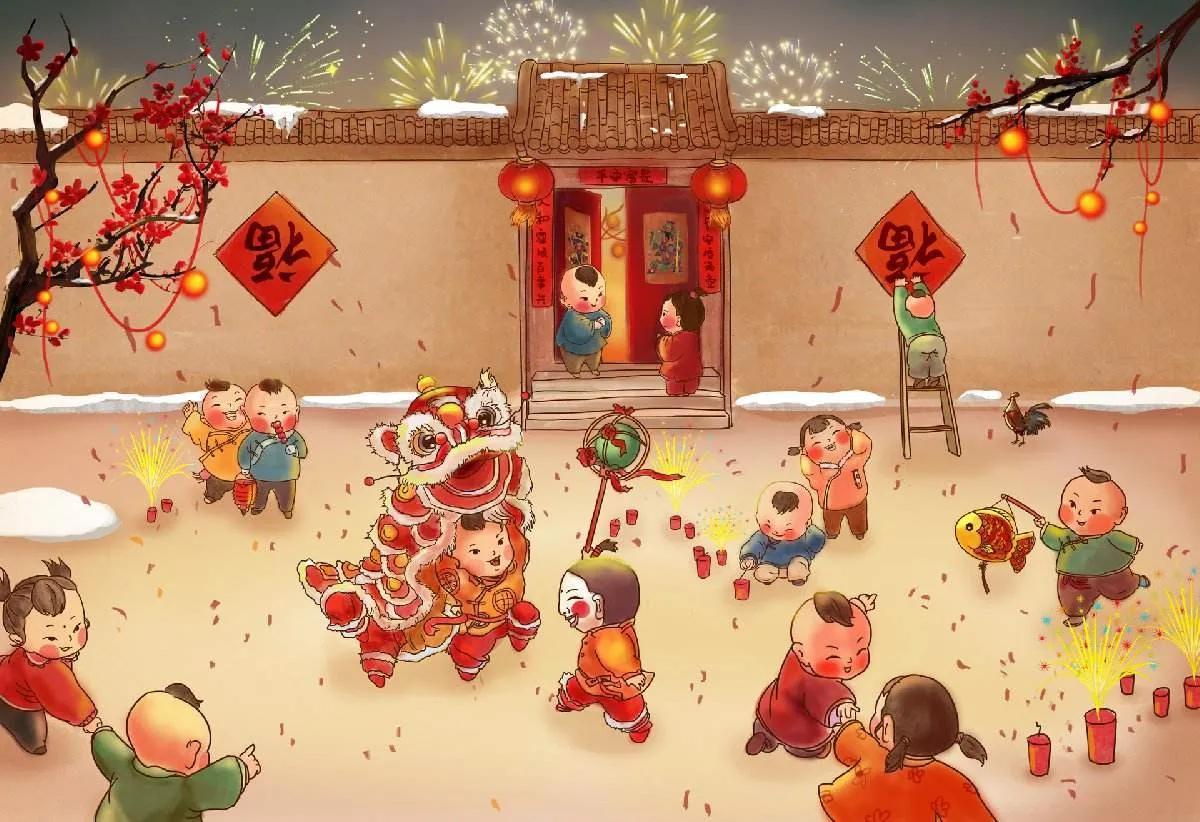
中国新年,也被称为春节或农历新年,落在第一个农历月的第一天。中国新年是中国最重要的节日。对世界各地的中国人来说,这是一个盛大的家庭团聚的时刻。春节的主题是除旧迎新。春节有很多传统和庆祝活动,比如贴春联,放烟花,吃团圆饭,发红包。
2. Lantern Festival (Yuan Xiao Jie)
The Lantern Festival, also known as Yuan Xiao Jie or Shang Yuan Festival, falls on the 15th day of the Lunar New Year, it traditionally marks the end of the Chinese New Year celebration.Tangyuan, also called as Yuan Xiao, is a must-eat food for the Lantern Festival. Shaped like a round ball, Tang Yuan symbolizes people's desires for happiness and family reunions.Besides eating Tangyuan, Chinese people would also light colorful lanterns and guess lantern riddles to celebrate this festival.
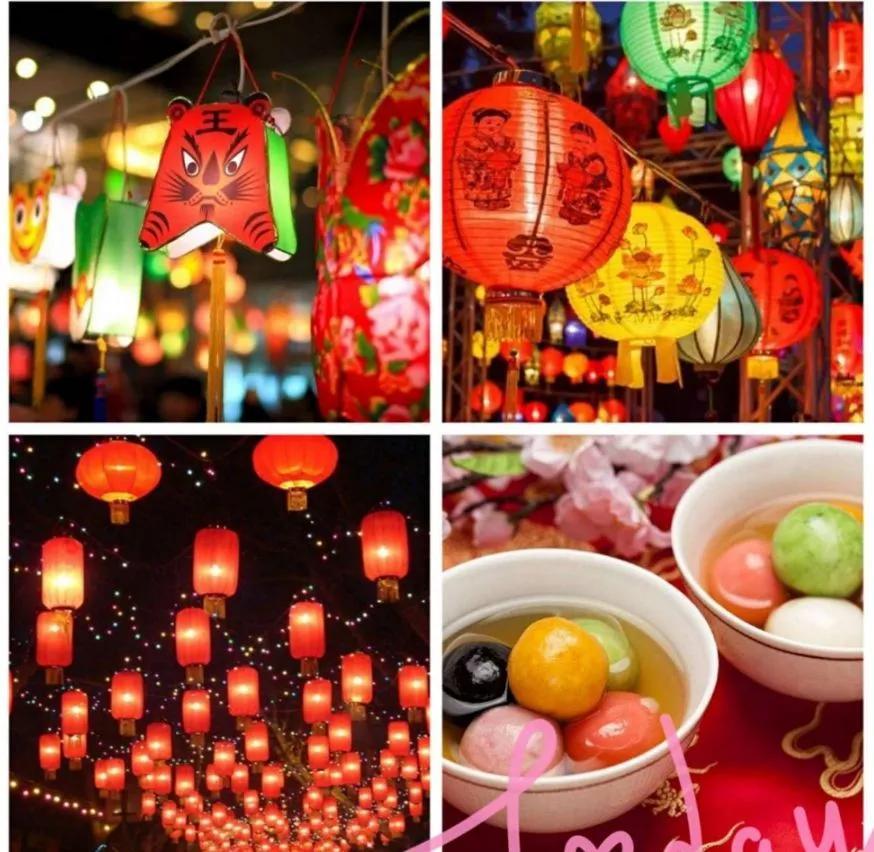
元宵节,也被称为上元节,在农历新年的第十五天,它传统上标志着中国新年庆祝活动的结束。汤圆,也称为元宵,是元宵节美食。汤圆形状像一个圆球,象征着人们对幸福和家庭团聚的渴望。除了吃汤圆,中国人还会点彩灯、猜灯谜来庆祝这个节日。
3. Dragon Boat Festival (Duan Wu Jie)
The Dragon Boat Festival, also known as Duan Wu Jie in Chinese, falls on the fifth day of the fifth lunar month. Chinese people celebrate this festival by racing dragon boats, eating Zongzi, drinking realgar wine, and hanging Chinese Mugwort to honor Qu Yuan.
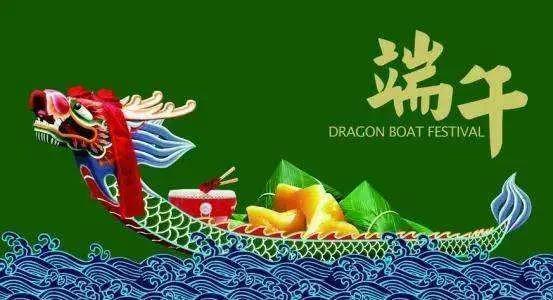
端午节,在农历五月初五。中国人通过赛龙舟、吃粽子、喝雄黄酒和挂艾蒿来纪念屈原来庆祝这个节日。
4. Qixi Festival (Double Seventh Festival)
The Qixi Festival falls on the seventh day of the seventh lunar month, so it is also called Double Seventh Festival. In the past, girls would worship the weaver fairy and ask for a light hand for knitting during the festival. In modern times, it is the most romantic of traditional Chinese festivals, known as the Chinese Valentine's Day. Young people usually celebrate it by giving flowers, chocolates, and other presents to their sweethearts, instead of doing the traditional customs.
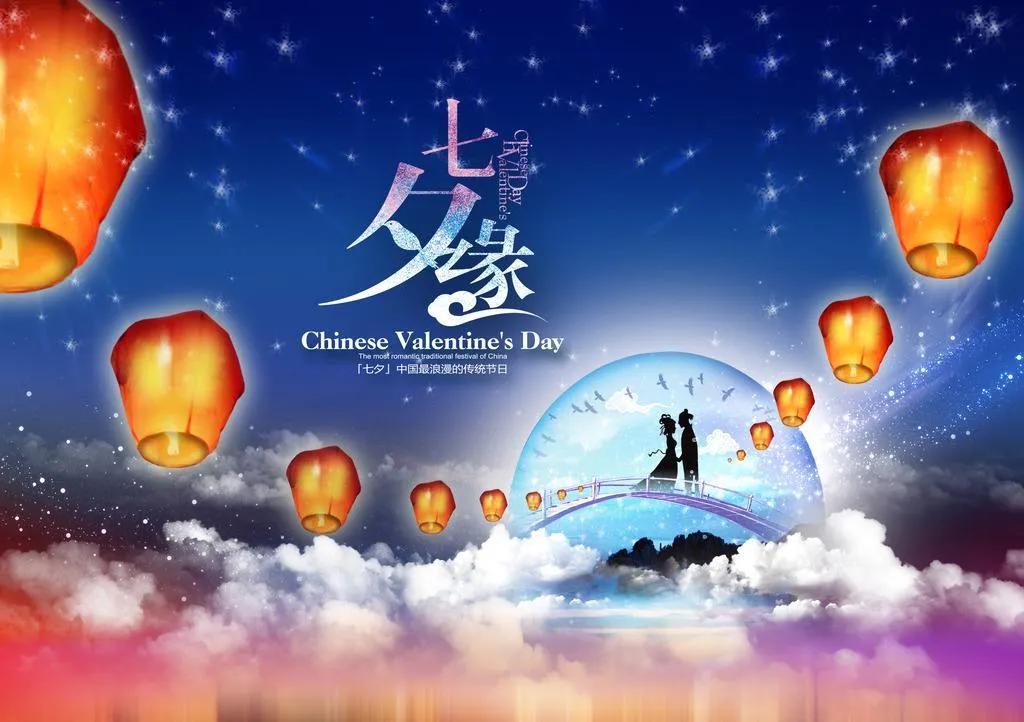
七夕节是农历七月初七。在过去,节日期间女孩们会祭拜织女仙子,并祈求有一双会编织的巧手。在现代,它是中国最浪漫的传统节日,被称为中国情人节。年轻人通常通过送花、巧克力和其他礼物给他们的爱人来庆祝,而不是按照传统习俗。
5. Mid-Autumn Festival (Moon Festival)
The Mid-Autumn Festival, also known as the Moon Festival or Mooncake Festival, falls on the fifteenth day of the eighth lunar month. Like the Chinese New Year, the Mid-Autumn Festival is also a grand time for family reunions.Chinese people would eat moon cakes, admire the full moon, and hang up colorful lanterns during the Mid-Autumn Festival.
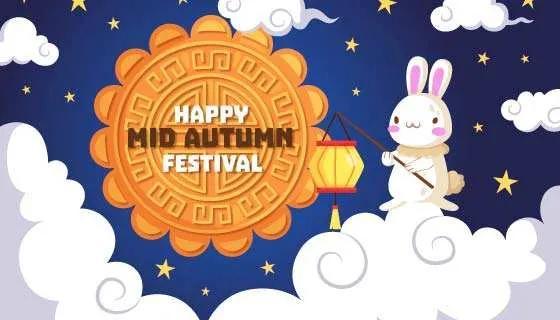
中秋节,是在农历八月十五。和春节一样,中秋节也是一个盛大的时间为家庭团聚。中国人会在中秋节吃月饼,赏月,挂彩灯。
6. Qingming Festival (Tomb Sweeping Day)
The Qingming Festival, also called Tomb Sweeping Day, is not only a traditional Chinese Festival but also the fifth of the traditional Chinese 24 Solar Terms. It usually falls on April 4 or April 5 every year.Qing ming (ching ming) means “the days are going to be warm and the plants are going to turn green.” It is a day for people to go out for tomb sweeping, spring outings, and kite flying.
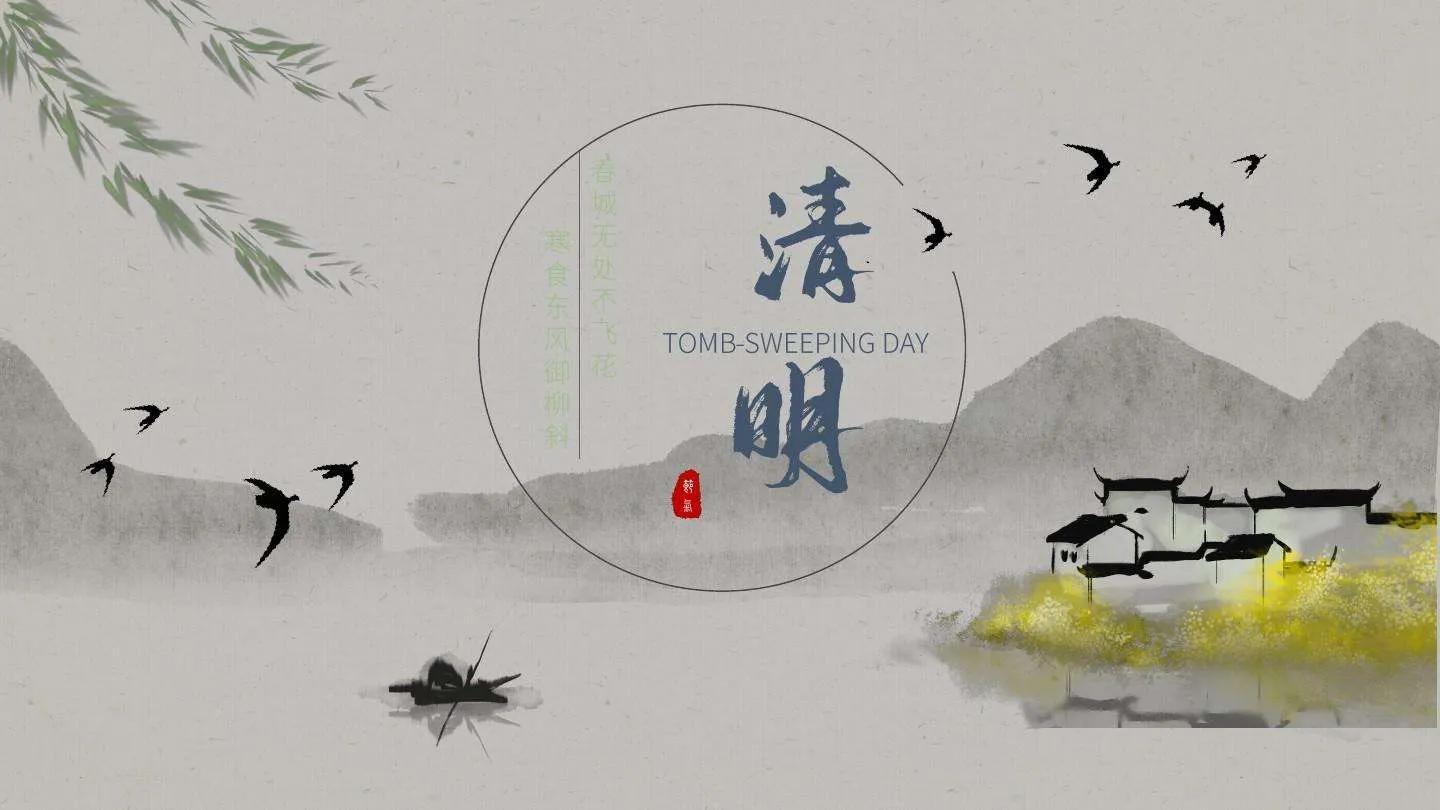
清明节,不仅是中国的传统节日,也是中国传统二十四节气中的第五天。它通常是在每年的4月4日或4月5日。清明的意思是“天气会变暖,植物会变绿。”清明节是人们外出扫墓、踏青、放风筝的日子。
7. Ghost Festival (Zhongyuan Festival)
The Ghost Festival is also called as Zhongyuan Festival by Taoists or Yulanpen Festival by Buddhists. It falls on the fifteenth day of the seventh lunar month.Like the Qingming Festival, people would prepare ritualistic food offerings, burn incense and paper for the dead people. Through these activities, people express how much they miss their ancestors.
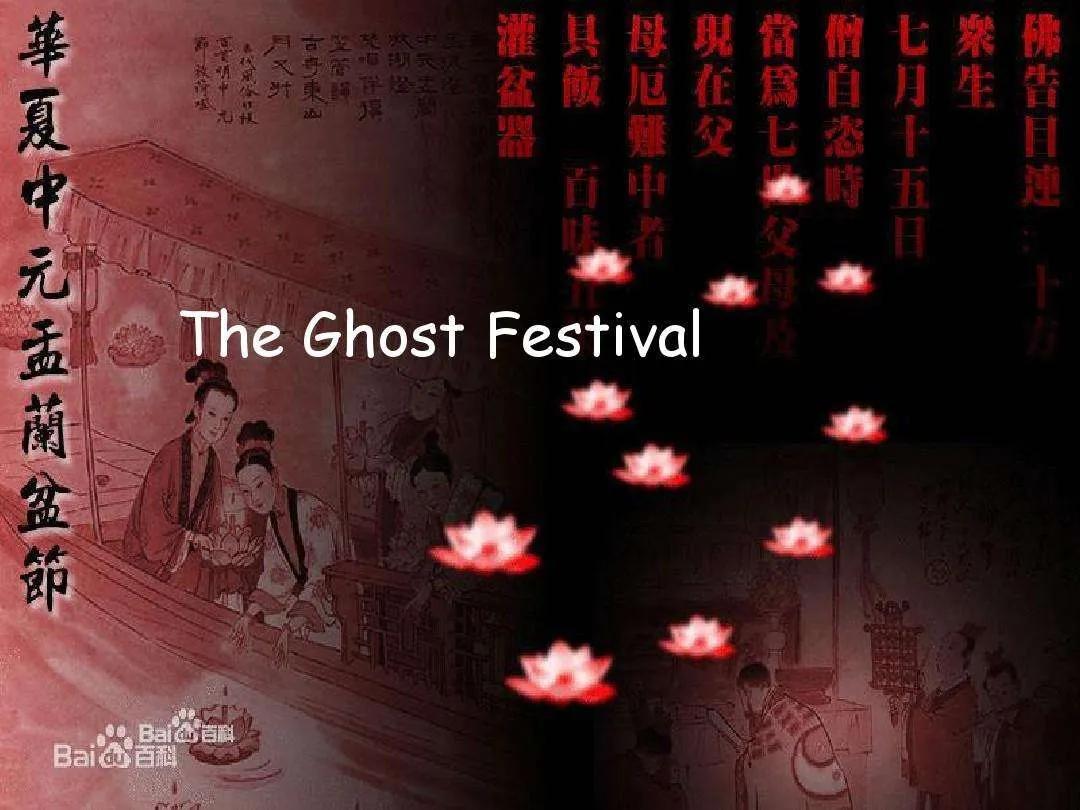
道教称中元节,佛教称盂兰盆节。它是在农历七月十五。像清明节一样,人们会准备祭品,烧香和纸祭奠死去的人。通过这些活动,人们表达了对祖先的思念。
8. Double Ninth Festival (Chongyang Festival)
The Double Ninth Festival, also called the Chongyang Festival, falls on the ninth of the ninth lunar month. is a traditional Chinese festival for the elders. So it is known as Senior People’s Day.Chinese people will visit senior family members, climb mountains, eat Chongyang cakes, and admire chrysanthemums to celebrate this festival.
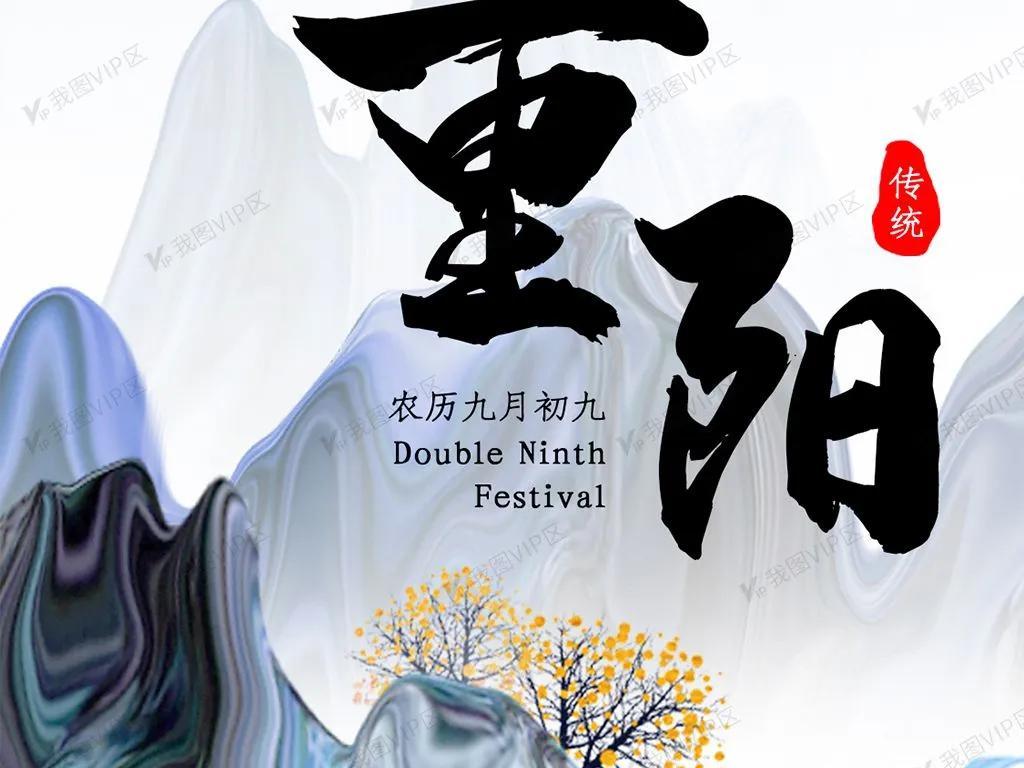
重阳节,在农历九月初九。是中国老年人的一个传统节日。所以它被称为老年人日。中国人会拜访长辈,爬山,吃重阳糕,赏菊花来庆祝这个节日。
9. Winter Solstice Festival (Dongzhi)
The Winter Solstice Festival (Dongzhi) is not only a traditional Chinese Festival but also the nineteenth of the traditional Chinese 24 Solar Terms. It usually falls on December 21 or December 22 every year.Winter Solstice is the day when the daytime is the shortest and nighttime is the longest. Chinese people celebrate this festival by eating Chinese dumplings or Tangyuan with their families.
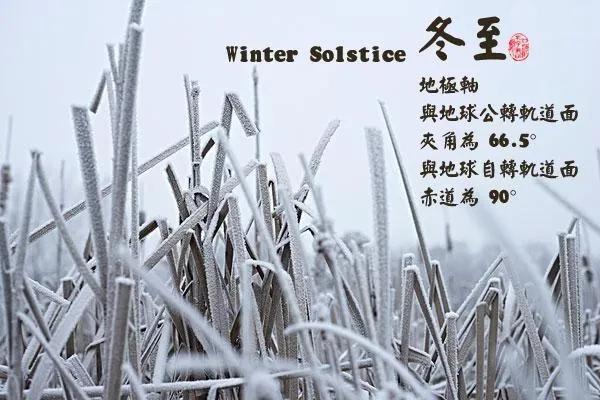
冬至不仅是中国的传统节日,也是中国传统二十四节气中的第十九个节气。它通常在每年的12月21日或12月22日。冬至是白天最短、夜晚最长的一天。中国人通过和家人一起吃饺子或汤圆来庆祝这个节日。
10. Laba Festival
The Laba Festival is a traditional Chinese festival to worship ancestors and pray for the harvest. It falls on the eighth day of the last lunar month. People usually eat laba porridge (made of diversified rice) to celebrate this festival.
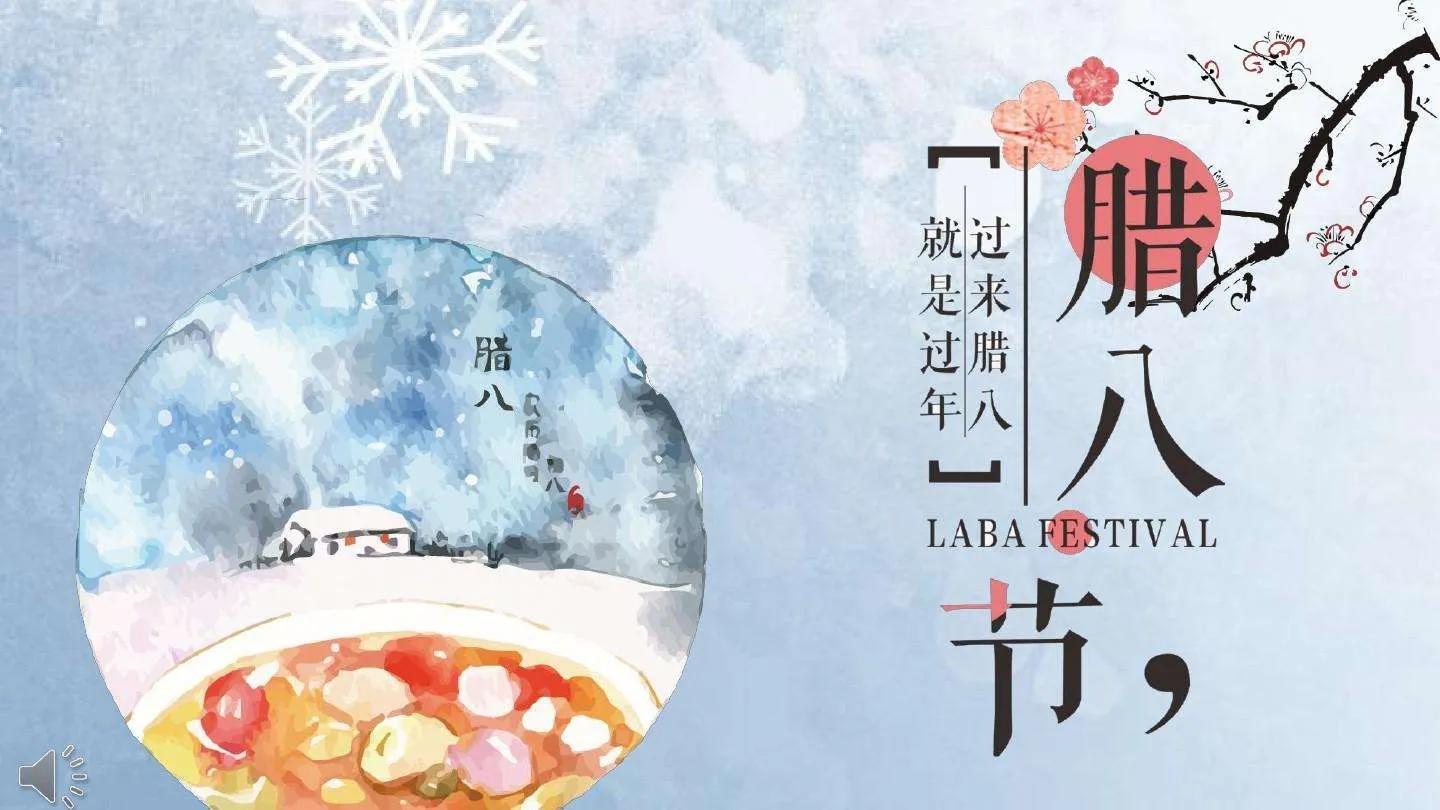
腊八节是中国祭祖、祈求丰收的传统节日。它是在农历最后一个月的第八天。人们通常吃腊八粥来庆祝这个节日。
